Spotify has long been thought of as a digital jukebox, allowing users to summon virtually any song at the click of a button. But the cracks in that system are starting to show, as artists attempt to exert more control over their music.
Some artists, like Taylor Swift, have argued that Spotify’s business model devalues music. (The service has an ad-supported free tier, unlike many other on-demand streaming services.) Others have been quietly removing their albums from the platform for other reasons. It’s not just a Spotify issue, either. Competitors like Tidal, Apple Music and Google Play Music also have notable gaps in their libraries.
Here’s a quick look at 11 albums from major artists both past and present that you won’t find on Spotify, the world’s most popular subscription streaming service. The list, and the artists’ varying reasons for keeping their music off the service, illustrate the challenges listeners will face discovering songs in an increasingly fractured music world.
Gwen Stefani – This Is What the Truth Feels Like
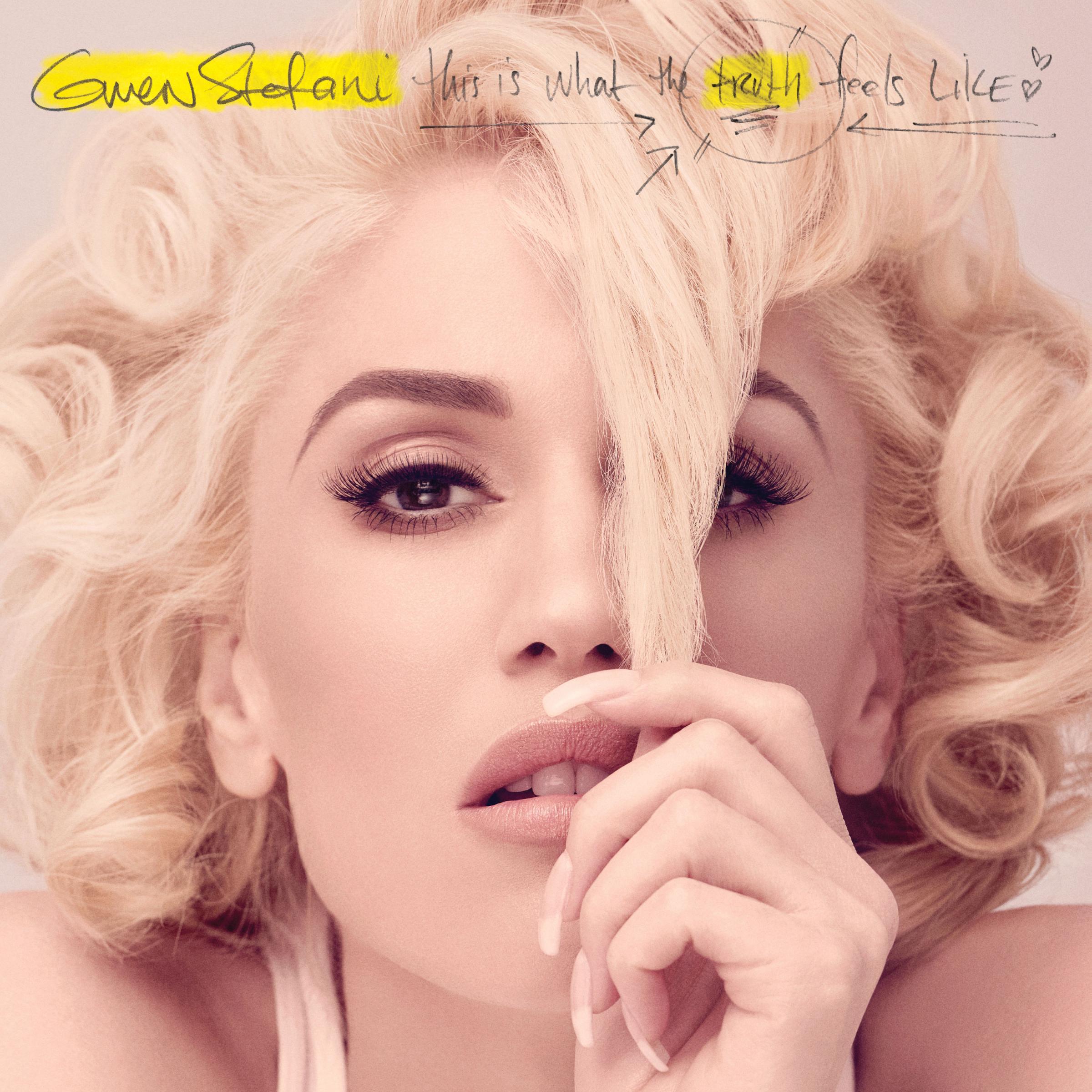
The No Doubt singer’s third solo album was released in physical formats and on Apple Music March 18, but it’s not arriving on Spotify until April 1. Stefani is experimenting with a “windowed” release, where artists delay putting their albums on Spotify for a few weeks in order to maximize sales. Coldplay, Beyonce and Drake have also waited weeks or sometimes months to put some of their albums on Spotify.
Kanye West – The Life of Pablo
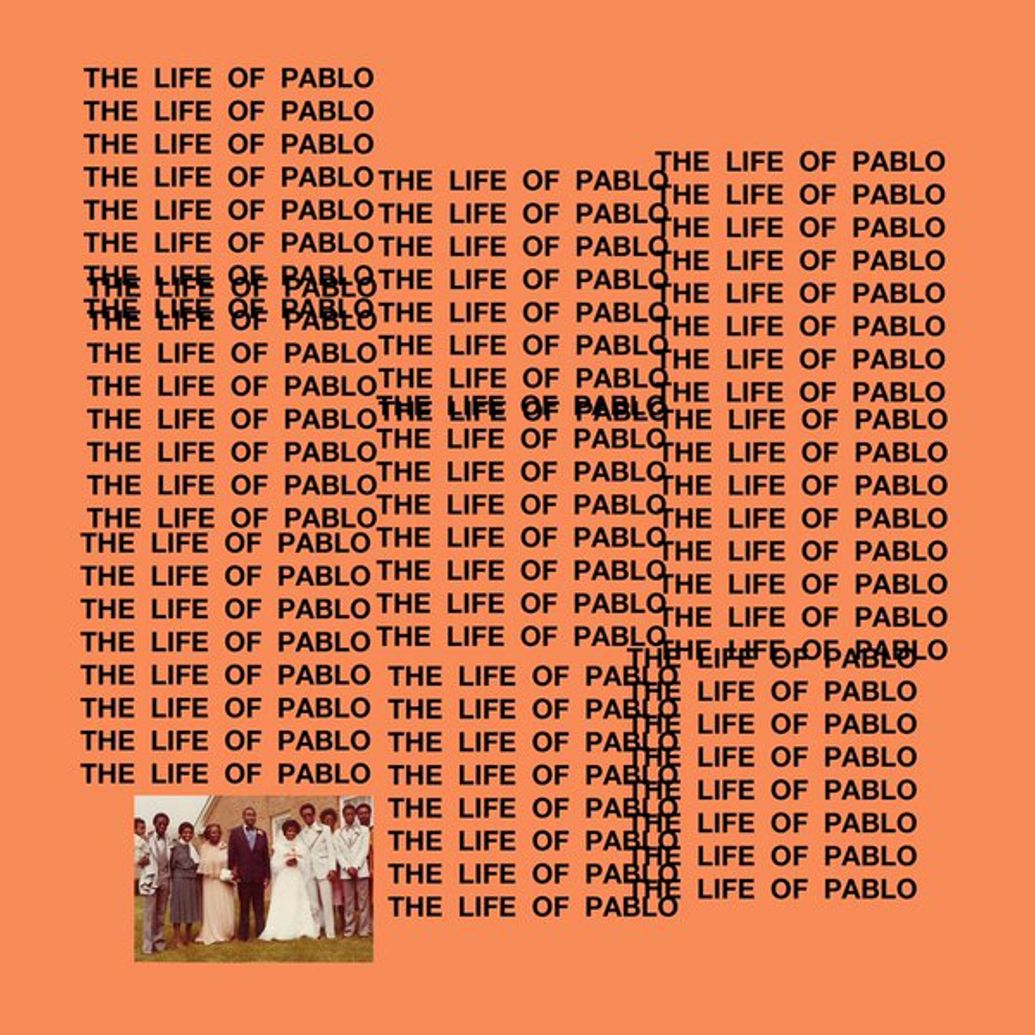
The rapper’s 7th solo LP had a messy rollout and is currently exclusive to Tidal, which is owned by Kanye’s mentor Jay-Z. Kanye has said TLOP will never go on sale and is a living artwork, so it’s unclear if or when it will ever arrive on Spotify. On Monday, the first single from the album appeared on Spotify, giving fans hope that the full release might not be far behind.
Taylor Swift – 1989
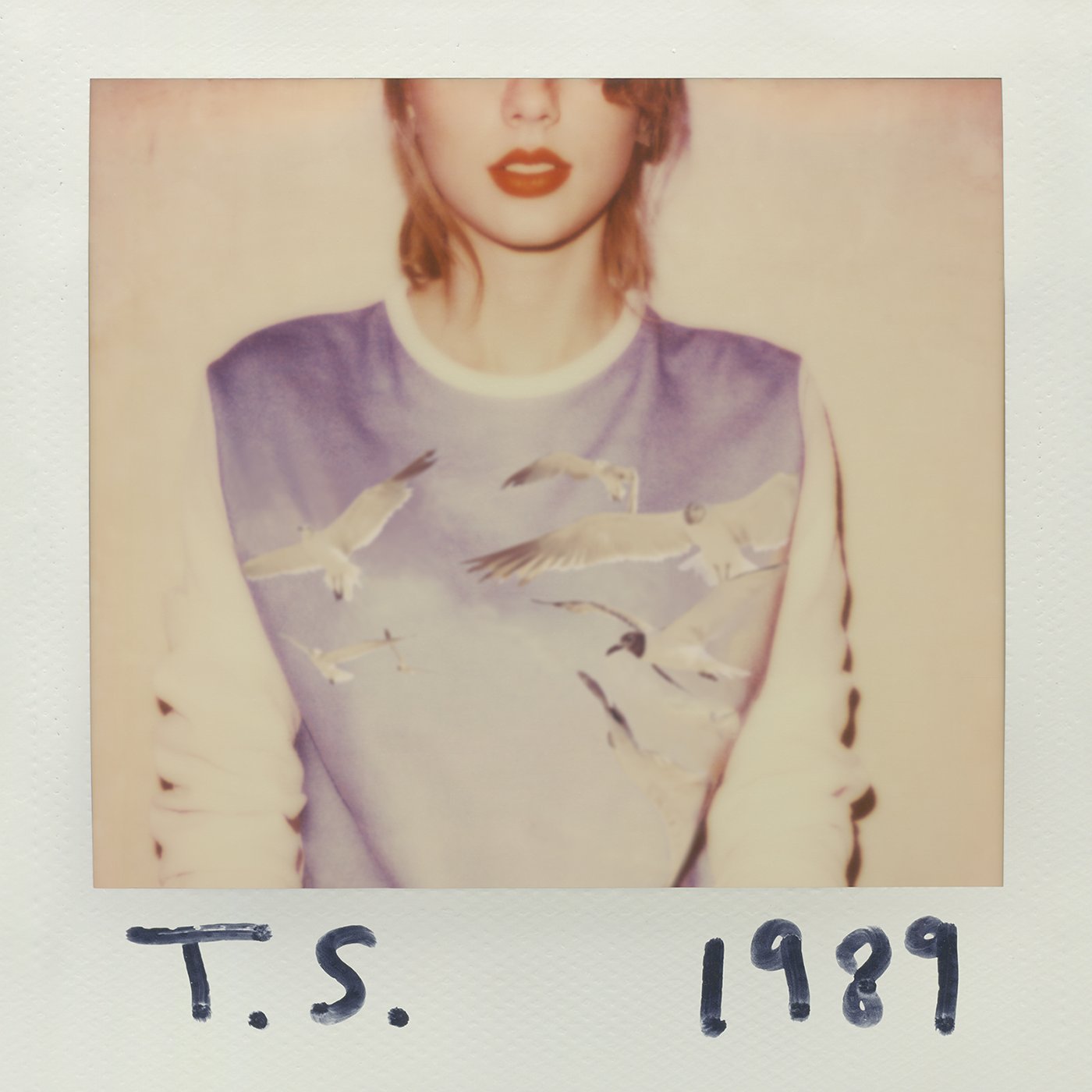
Swift got into a very public spat with Spotify in 2014 after she removed her entire catalog from the streaming service, including the newly released 1989. “I think there should be an inherent value placed on art,” she told TIME. “I didn’t see that happening, perception-wise, when I put my music on Spotify. Everybody’s complaining about how music sales are shrinking, but nobody’s changing the way they’re doing things.” Spotify CEO Daniel Ek adamantly defended Spotify’s model following Swift’s departure.
Adele – 25
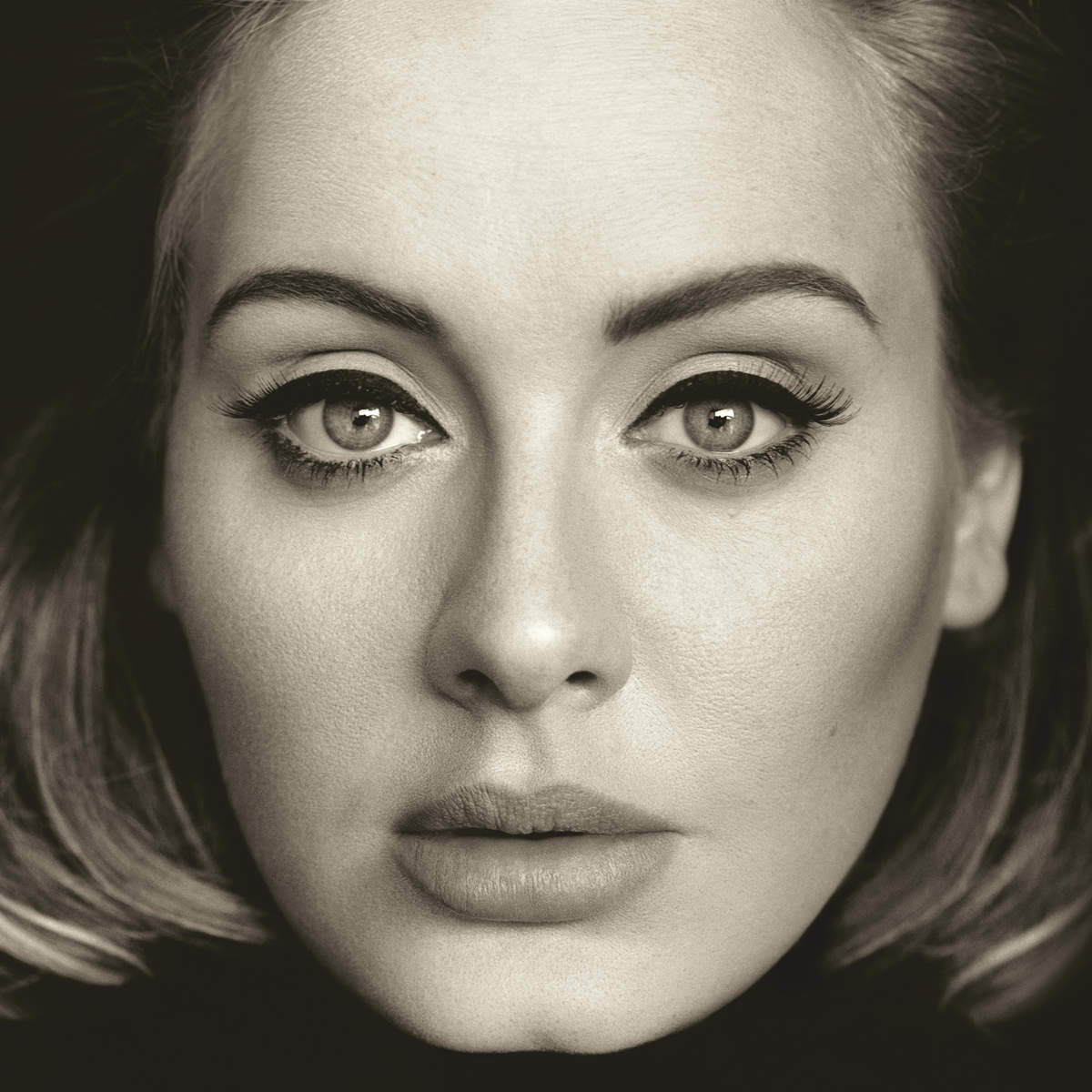
Adele is the best-selling artist in the modern music business, and she’s defending that crown by keeping her latest music off of streaming services, including Spotify and Apple Music. “I don’t use streaming,” she told TIME after the album’s release. “I buy my music. I download it, and I buy a physical [copy] just to make up for the fact that someone else somewhere isn’t. It’s a bit disposable, streaming.” Driving fans toward CDs and digital downloads helped 25 sell a whopping 8-million copies in the U.S. alone.
Jay-Z – The Blueprint
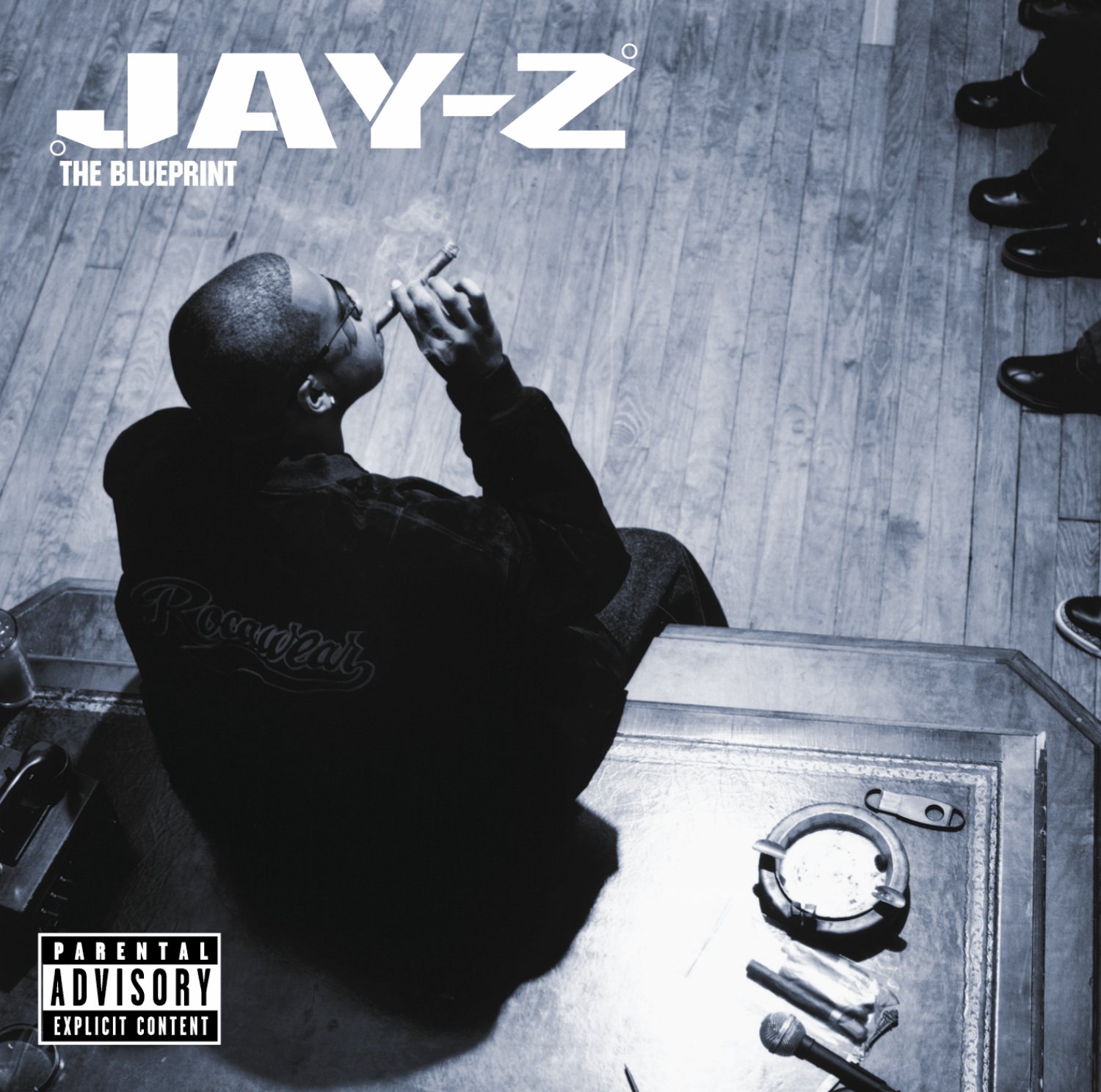
Once rapper and business mogul Jay-Z bought the streaming service Tidal in 2015, it was only a matter of time until he started using his own impressive catalogue to entice subscribers. Earlier this month he pulled The Blueprint, his critically acclaimed sixth solo album, from every major digital service except Tidal. Some of his other major works, including Reasonable Doubt and The Blueprint 3, are also Tidal-exclusive now.
Prince – Purple Rain
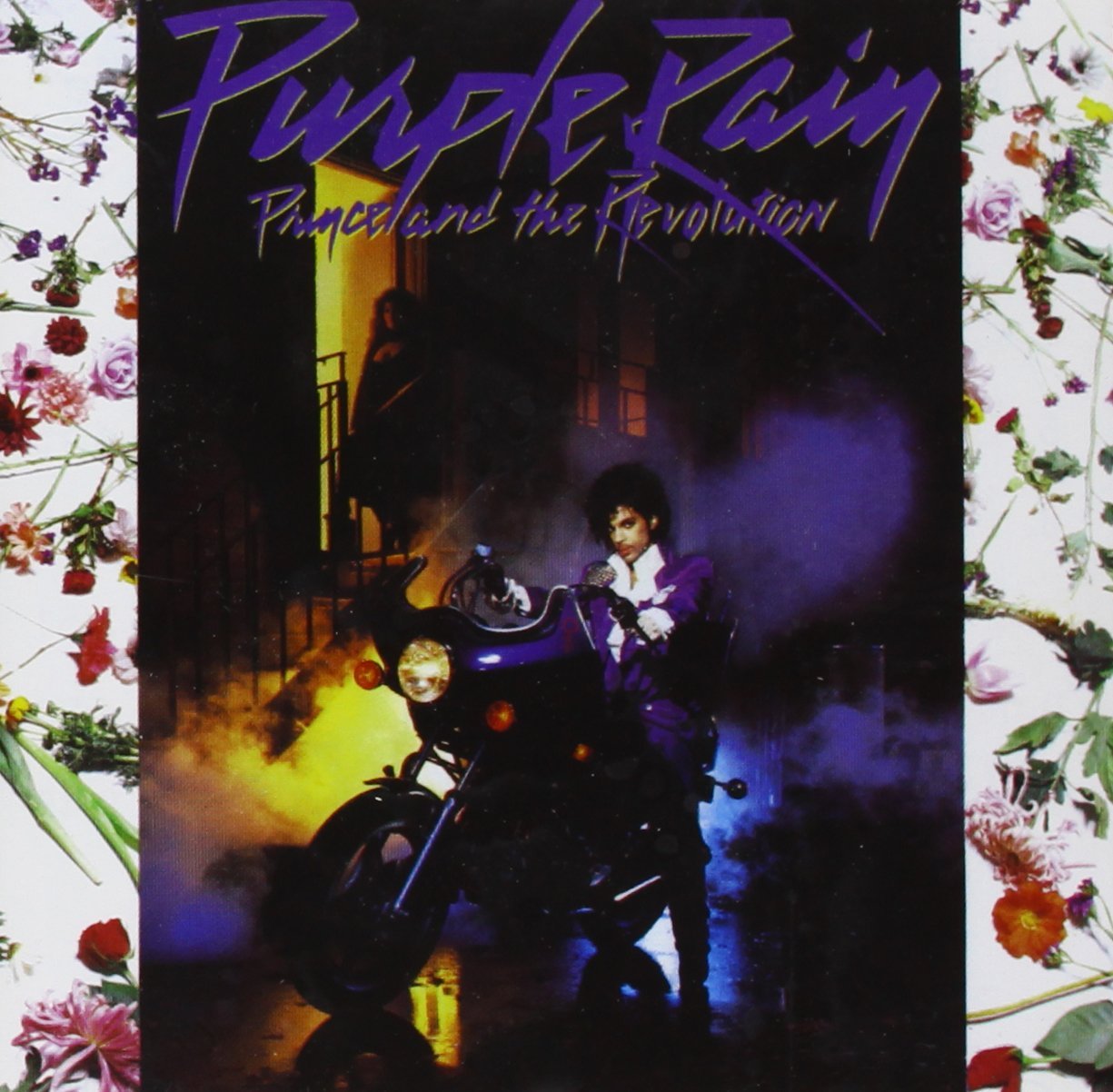
The Purple One famously declared the Internet “completely over” in 2010 and has been adamant about keeping his music videos off platforms like YouTube. So it shouldn’t come as a shock that he yanked his catalog from a variety of streaming services, including Spotify, last summer. Curiously, his music, including the iconic Purple Rain soundtrack, remains available on Tidal.
Garth Brooks – Ropin’ the Wind
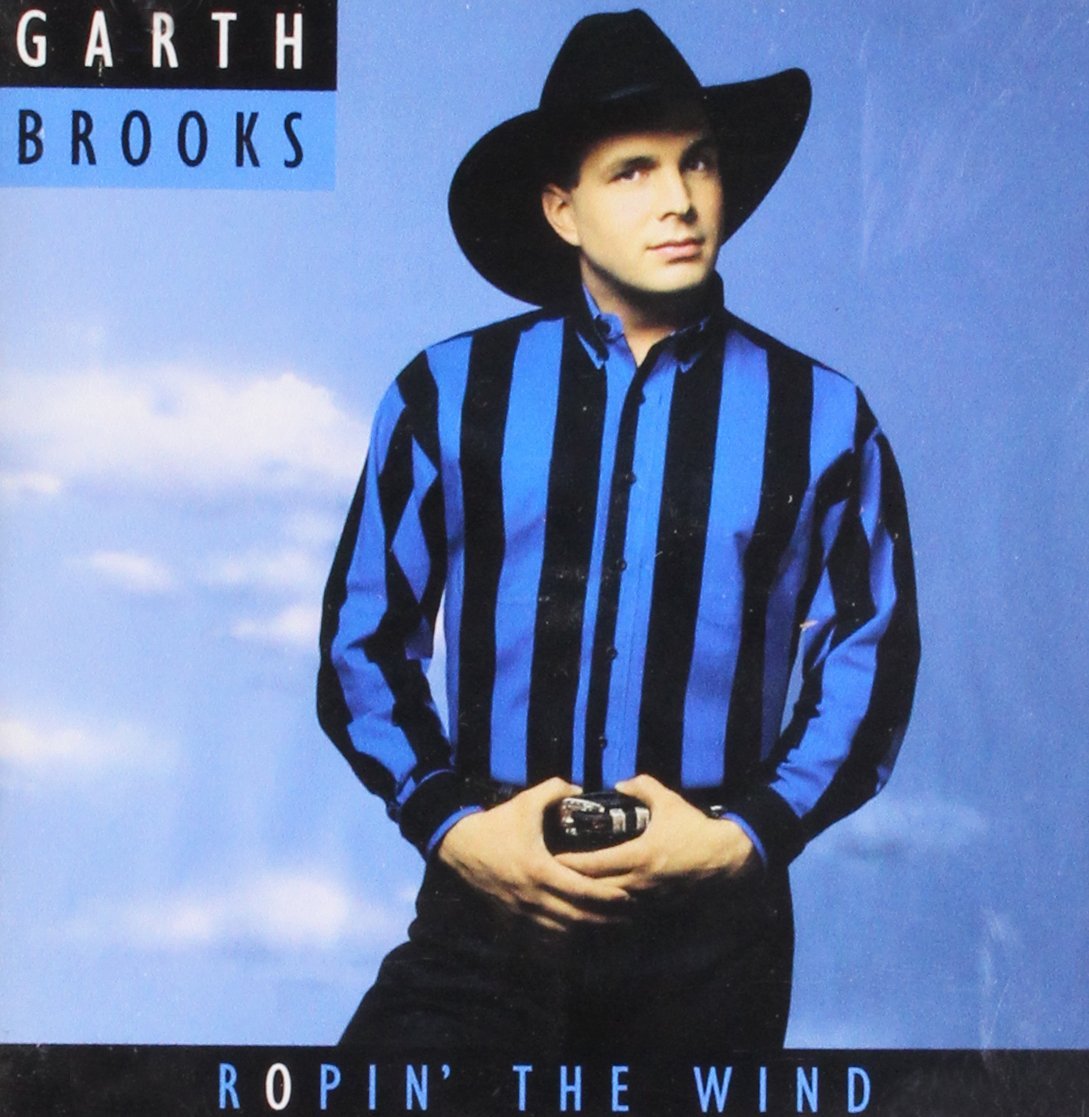
The country music superstar has been battling digital music platforms for a decade-plus because he doesn’t believe people should be able to cherry-pick songs to buy from albums. His music has never even been available on iTunes. In 2014, he launched his own digital download store, called GhostTunes, which sells his back catalog along with works by a variety of other artists. It’s the only way to legally access Brooks’ albums online.
Tool – Undertow
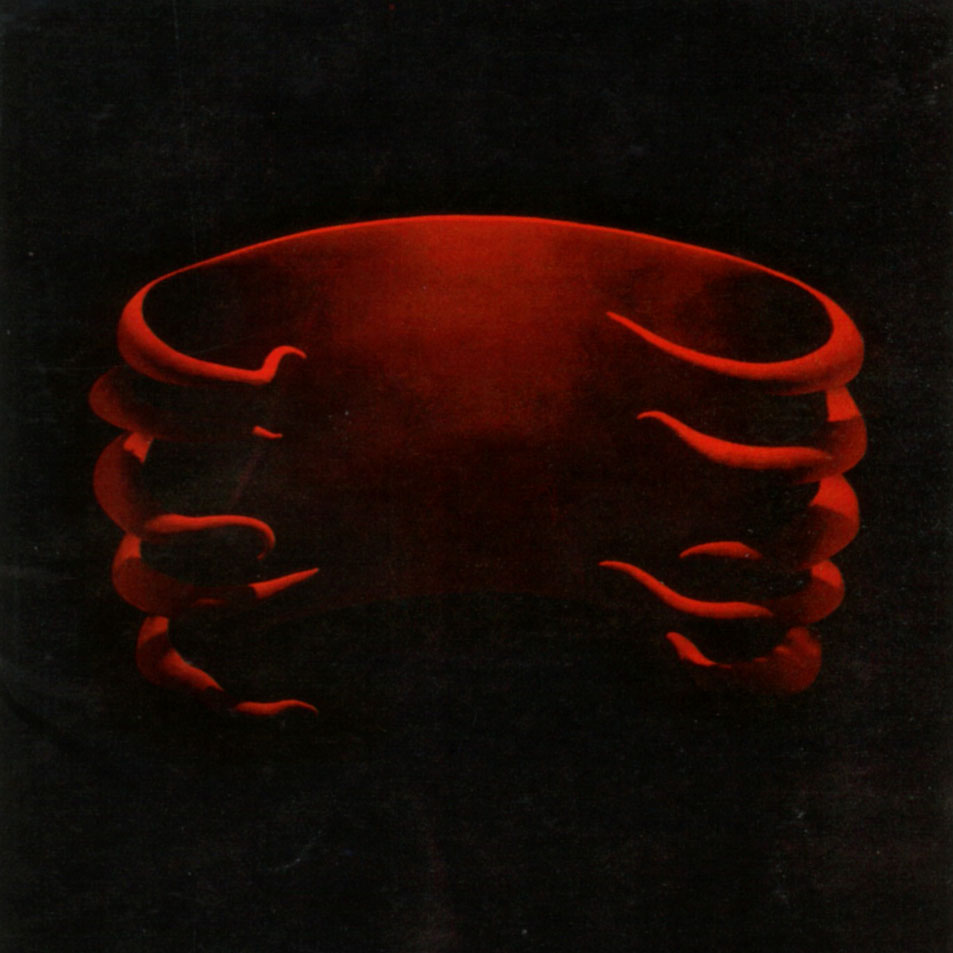
Like Garth Brooks, Tool doesn’t like the idea of fans being able to dismantle their albums on iTunes or streaming services. The band has never even released a greatest hits collection, according to SPIN magazine. So you probably won’t be finding their music on Spotify or any other digital music platform anytime soon.
Radiohead – In Rainbows
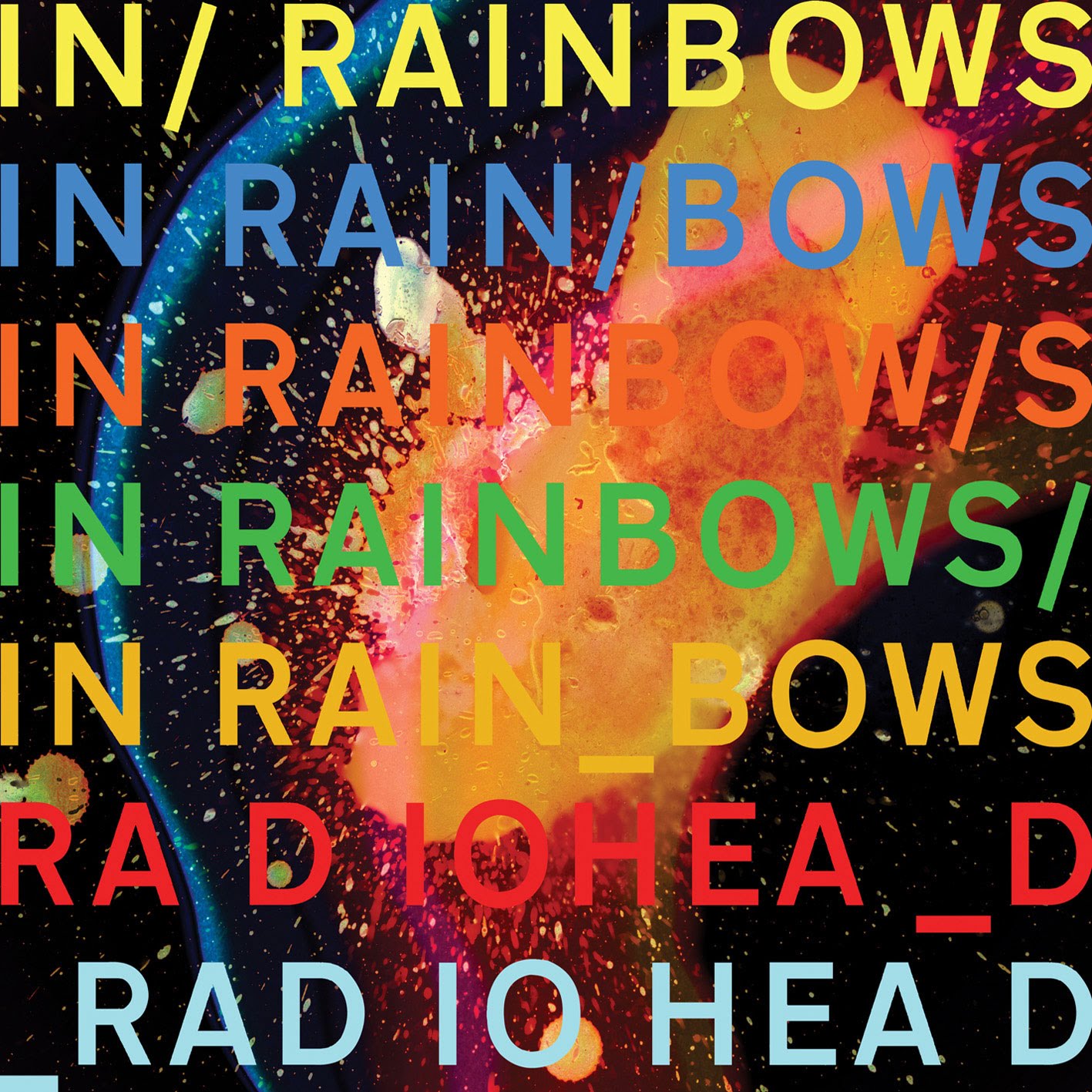
Radiohead jumped into the digital revolution headfirst with the unconventional release of In Rainbows in 2007. The album was first distributed online and fans could pay whatever they wanted for the release. Since then, though, band frontman Thom Yorke has become a vocal critic of Spotify, arguing that it was hard for new artists to earn meaningful revenue from the service. His solo work isn’t on Spotify and neither is In Rainbows, which Radiohead initially released independently.
Neil Young – Harvest
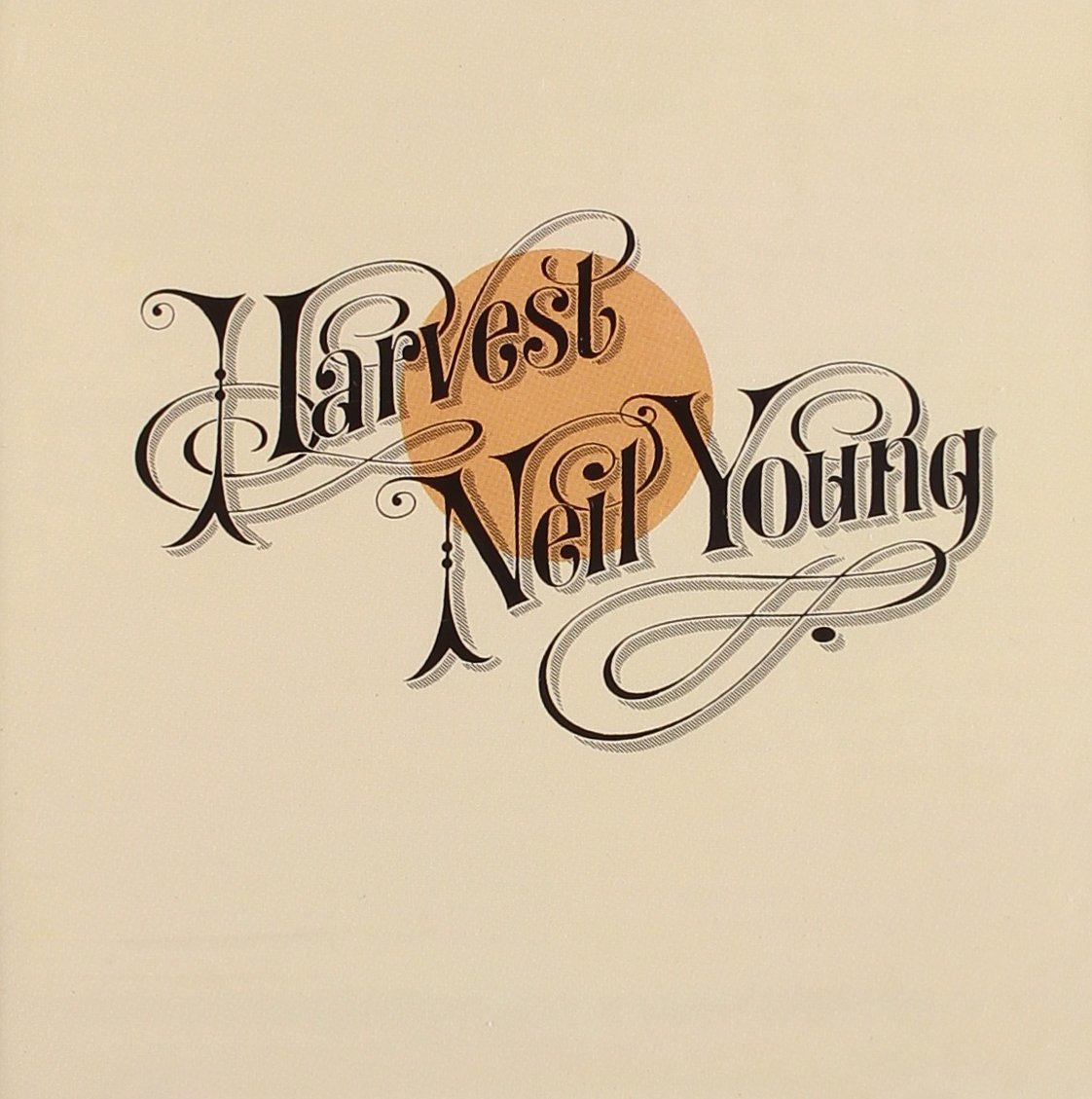
The singer-songwriter’s gripes with streaming have less to do with money and more to do with sound quality. “I don’t need my music to be devalued by the worst quality in the history of broadcasting or any other form of distribution,” he said in a Facebook post last year. “I don’t feel right allowing this to be sold to my fans. It’s bad for my music.” Shortly after the post many of his most iconic albums, including Harvest, disappeared from Spotify and other streaming services. They’re now available on Pono, the high-fidelity music-downloaded store that Young launched in 2014.
Dr. Dre – Compton
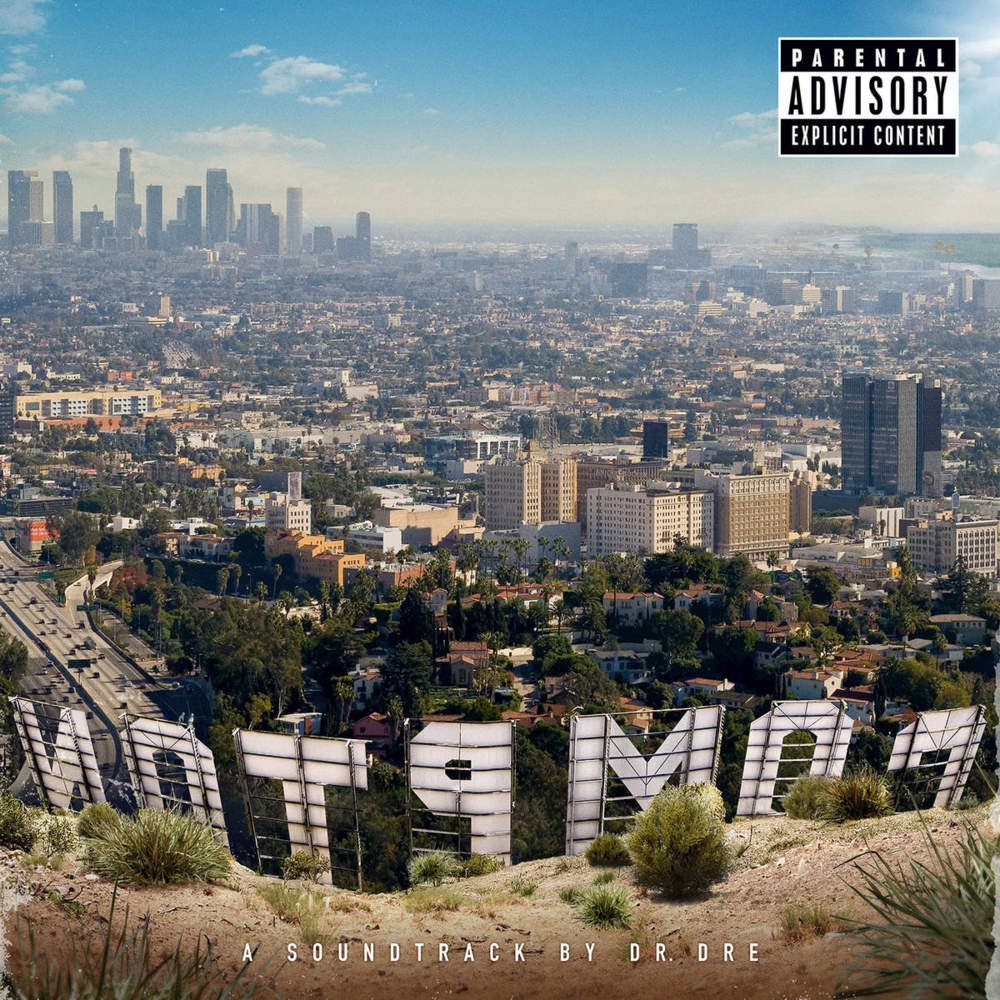
The world-famous producer had built up more than a decade of anticipation for Compton, his first LP in 16 years. But the year before the album dropped, Dre became an employee of Apple thanks to the tech giant’s $3 billion acquisition of Beats Elecronics and Beats Music. So it’s no surprise that Compton found a home on Apple Music rather than Spotify. Dre’s seminal debut album The Chronic is also nowhere to be found on the service.
More Must-Reads From TIME
- Dua Lipa Manifested All of This
- Exclusive: Google Workers Revolt Over $1.2 Billion Contract With Israel
- Stop Looking for Your Forever Home
- The Sympathizer Counters 50 Years of Hollywood Vietnam War Narratives
- The Bliss of Seeing the Eclipse From Cleveland
- Hormonal Birth Control Doesn’t Deserve Its Bad Reputation
- The Best TV Shows to Watch on Peacock
- Want Weekly Recs on What to Watch, Read, and More? Sign Up for Worth Your Time
Contact us at letters@time.com